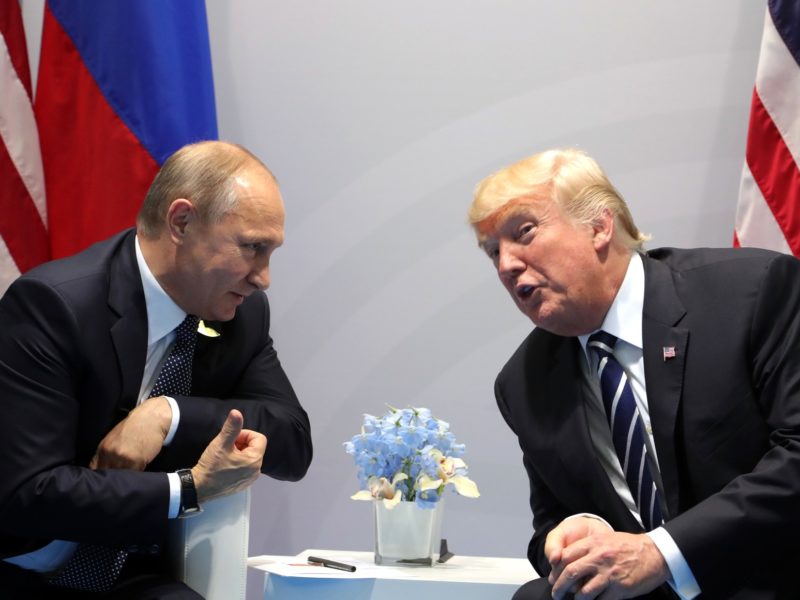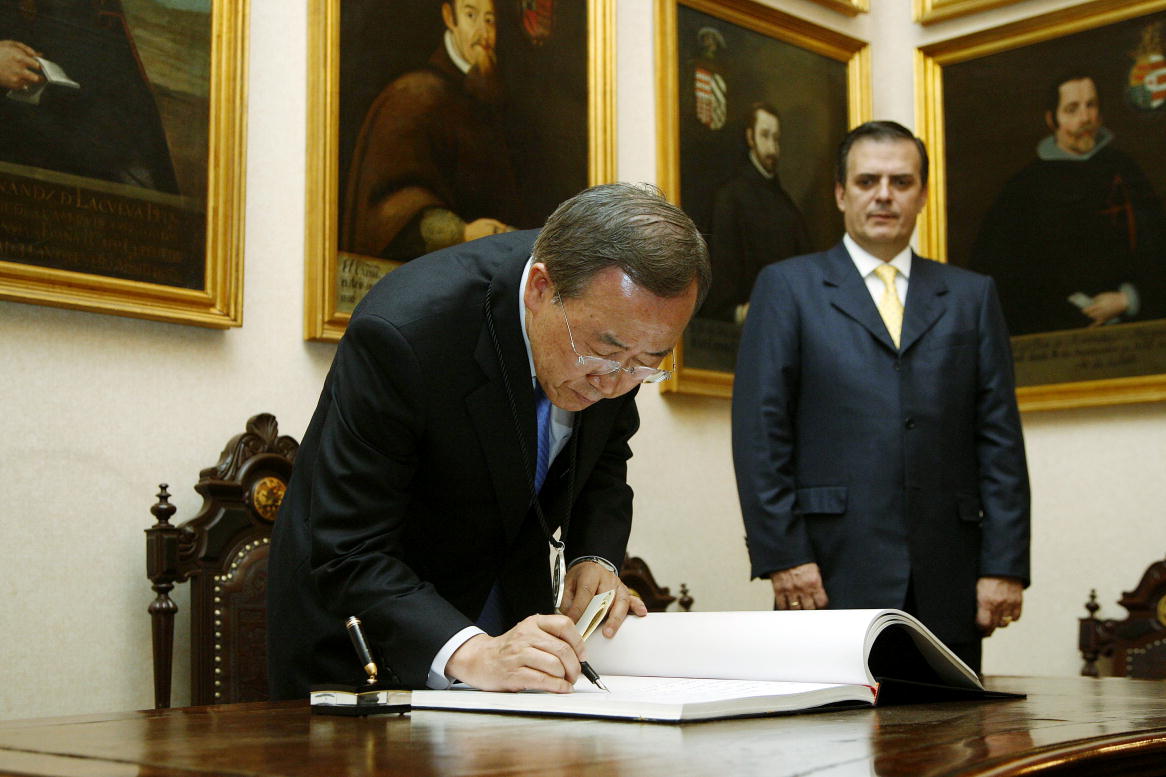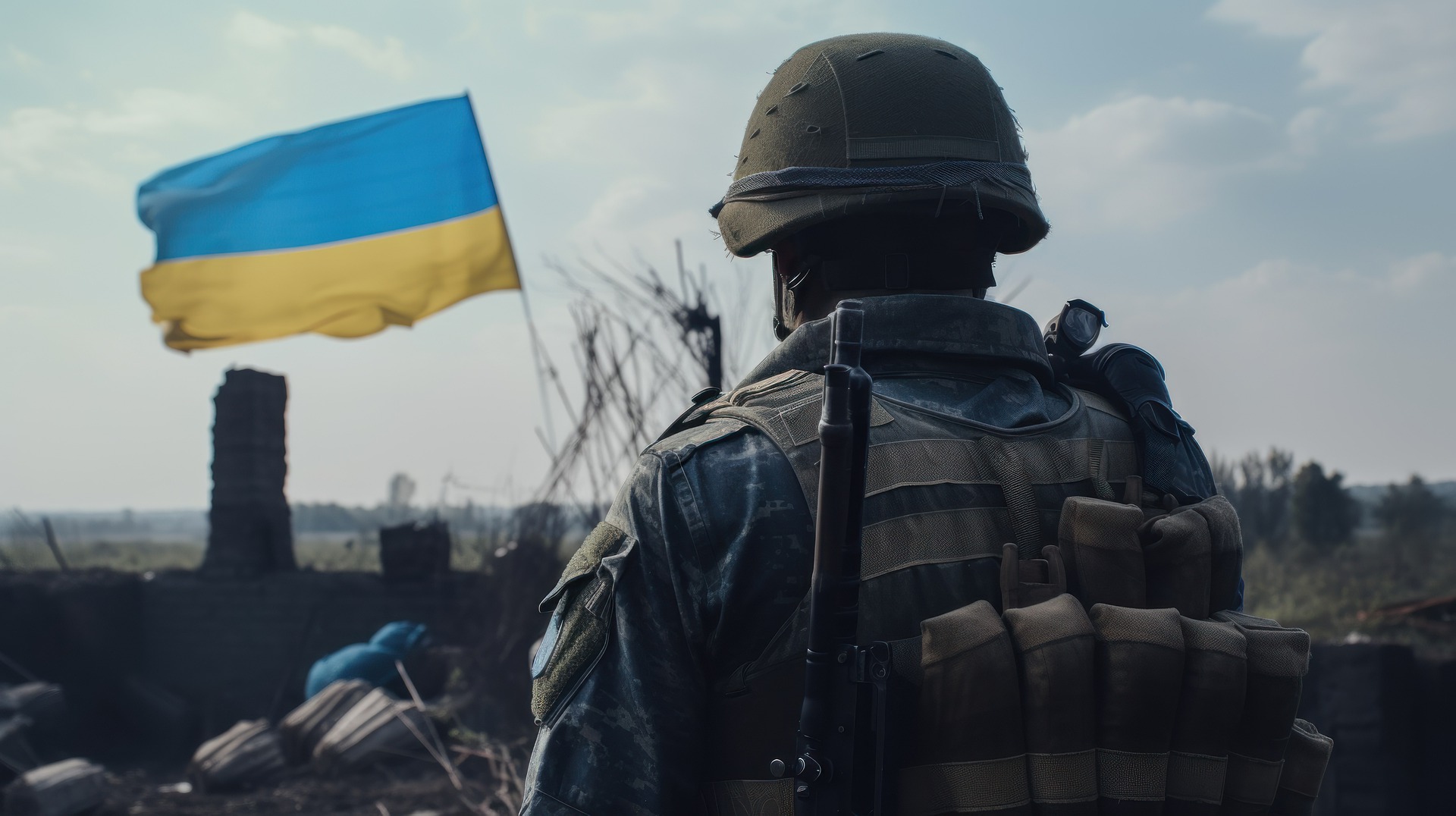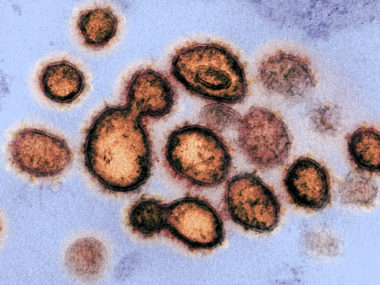Why did Joe Biden exit Afghanistan when his predecessors didn’t? How much of a danger is Vladimir Putin to the world? How much influence do individuals like Putin, Joe Biden, Donald Trump, and Xi Jinping have on whether wars are fought, won, or lost? In this post, John Harden, an Assistant Professor of Political Science at Ripon University, answers five questions about the role individual personalities play in the trajectories of wars.
Why do some leaders end wars while others draw them out?
Research generally points to things like the balance of power, other countries joining a fight, and democratic accountability in determining why leaders exit wars. My research supports the claim that a leader’s personality can tell us a lot about why they end wars or stay in them. My research suggests that more narcissistic leaders experience longer wars. Narcissism is a personality trait reflecting the degree to which an individual has an inflated self-image that they believe must be promoted and protected through their behavior. When confronted with a war, a narcissist will have grander aims, consistently raise demands, and focus strategic decision-making on whatever makes them feel powerful, charming, and competent. This immense focus on self often leads to ineffective strategies and a failure to adjust when receiving bad news from the frontlines. President Joe Biden, who is more modest than his predecessors, exited an unpopular war. It seems he was willing to take the short-term public opinion and reputational hit for the sake of bringing troops home. This is unlike Richard Nixon who burned resources pursuing victory in Vietnam even though many of his advisors began questioning his objectives early on in his presidency.
Are wars driven more by individual leaders—like, say Vladimir Putin—or more by groups or coalitions within a country?
It’s difficult to say which plays a greater role. While my research suggests that leaders matter more, other research points to the importance of other elites like advisors, coalition members, and leadership challengers. For example, debate exists over the relative impact of President Lyndon B. Johnson and his advisors on Vietnam’s decision-making. However, even work like Saunders (2015) suggests that the leader ultimately gets their way once they persuade or co-opt elites. I wager this sort of co-opting or persuasion is easier to do in more personalist governments, that is, where one individual rules the country. I think Putin has a more important role to play in wartime decision-making than his elites because he surrounds himself with sycophants and silences those who oppose him.
What kinds of leaders or personality traits are the most dangerous?
If dangerous is defined as more surprising and deadly decision-making, I would wager that psychopathy—defined as persistent antisocial behavior, and impaired empathy and remorse is the most dangerous trait in leaders. However, little to no research has systematically connected this lack of empathy to leader decision-making in foreign policy. Narcissists, if they do not have a great capacity for empathy, are also dangerous. While some highly narcissistic leaders like Theodore Roosevelt had a great capacity for empathy, others like Adolf Hitler did not. I suspect that Putin is on the psychopathic spectrum given his tendency to bully others, and his willingness to have individuals assassinated over relatively small political disputes. His obsession with his self-image as an ideal representation of masculinity point to grandiose narcissism as well.
What current leaders worry you most?
There are quite a few elites who concern me: Vladimir Putin and Donald Trump are the first that come to mind. However, there are some potential future leaders like Marjorie Taylor Greene who I find equally troubling. Their willingness to do anything to retain power and promote themselves at their country’s expense is something that is worrying for both foreign affairs and the health of democratic states.
What can the world do to rein in narcissistic leaders?
Do not vote for leaders who express a lack of empathy for their opponents—both opposing elites and voters. If you’re an elite forced to interact with a narcissistic leader, then I suggest re-directing their desire to promote their inflated self-image towards dramatic policy proposals that could do some good for mankind. If left to their own devices, and surrounded by sycophants, there is no telling which direction they will go.
John Harden is an assistant professor of political science at Ripon College.






